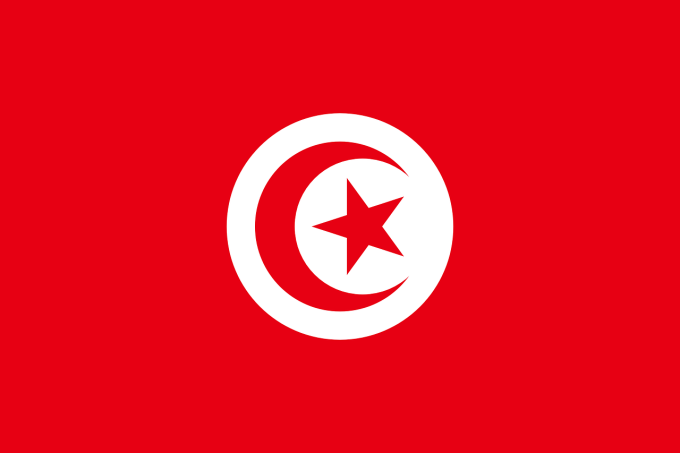Tunisia: lawyer Mahdi Zagrouba released after ill-treatment in detention
19 July 2024
Mahdi Zagrouba was arrested on Monday 13 May at the Lawyers’ House in Tunis. This followed the arrest of his colleague, Sonia Dahmani, two days earlier.
Mr Zagrouba’s arrest caused a major stir in the Tunisian and international legal community. The lawyer was arrested after showing his support for Ms Dahmani, who was arrested on 11 May. He was presented to the investigating judge on 15 May, showing clear signs of ill-treatment.
Mahdi Zagrouba was beaten up after his arrest. He was urgently hospitalised after losing consciousness following violence suffered in detention.
His condition was particularly deteriorated when he was brought before the investigating judge, two days after his arrest.
Numerous NGOs have denounced an abuse of power and have sought a forensic examination to clarify the violence to which he was subjected in detention. He remains charged with “assaulting police officers”.
Mr Zagrouba was finally released by the Tunisian courts on Thursday 11 July 2024, two months after his arrest.
The Observatory strongly condemns the acts of violence suffered by Mahdi Zagrouba in detention.
The Observatory urges the Tunisian authorities to carry out an independent and impartial investigation into the ill-treatment suffered by Mr Zagrouba, in accordance with Article 12 of the 1984 Convention against Torture and Other Cruel, Inhuman or Degrading Treatment or Punishment, which states that: “Each State Party shall ensure that its competent authorities proceed to a prompt and impartial investigation, wherever there is reasonable ground to believe that an act of torture has been committed in any territory under its jurisdiction.”
The Observatory recalls that according to the United Nations basic principles on the role of the Bar, in particular principles 23 and 27:
“Lawyers like other citizens are entitled to freedom of expression, belief, association and assembly. In particular, they shall have the right to take part in public discussion of matters concerning the law, the administration of justice and the promotion and protection of human rights and to join or form local, national or international organizations and attend their meetings, without suffering professional restrictions by reason of their lawful action or their membership in a lawful organization.” (Principle 23)
“Charges or complaints made against lawyers in their professional capacity shall be processed expeditiously and fairly under appropriate procedures. Lawyers shall have the right to a fair hearing, including the right to be assisted by a lawyer of their choice.” (Principle 27)

